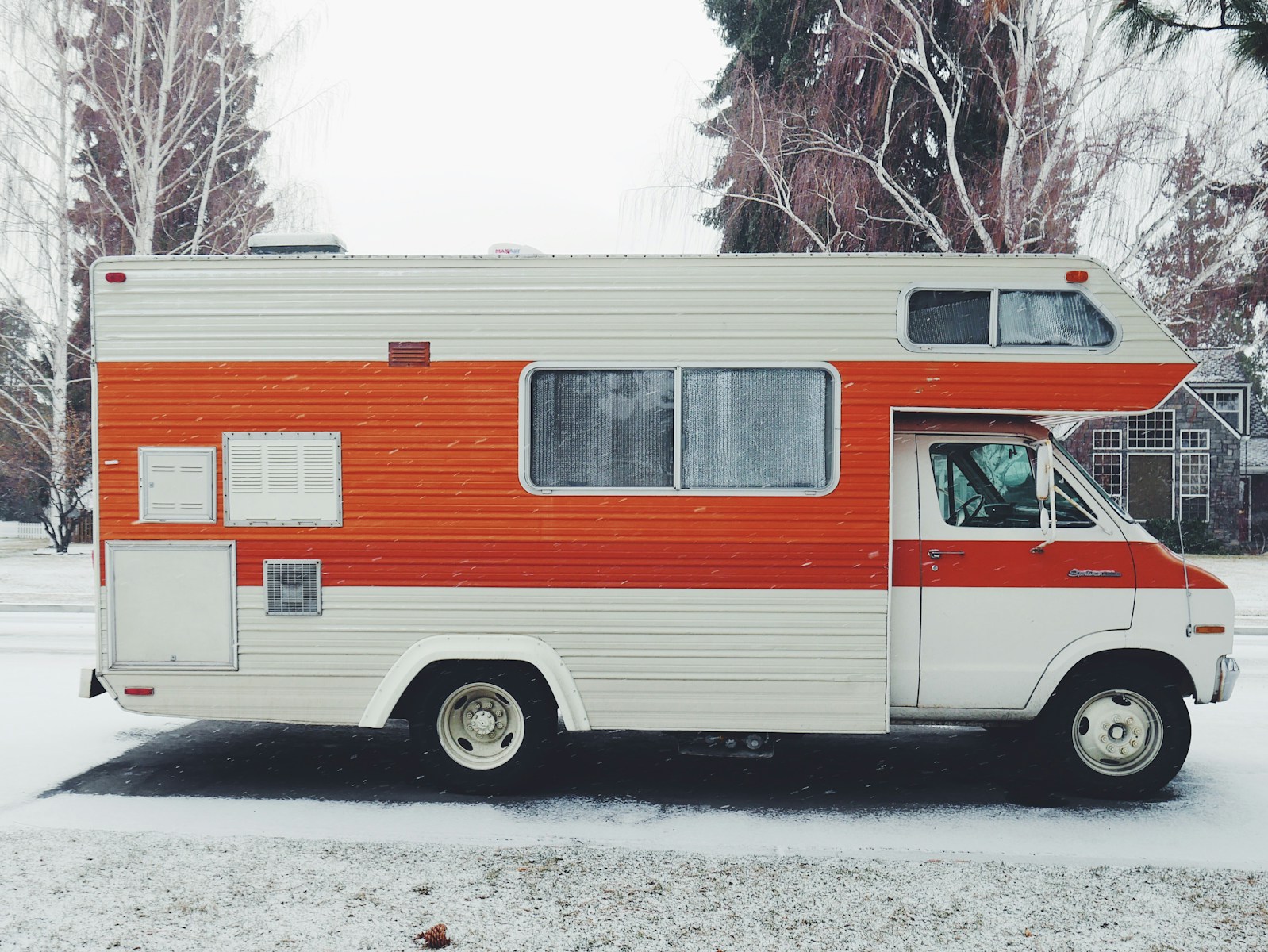
Using Your RV for Living vs. for Recreational Fun
How you use your RV for living can drastically change your lifestyle and insurance needs. But regardless of how you use your vehicle, it’s crucial to have adequate RV insurance in case of accidents, fire, theft or other unforeseen events.
Full-time RV for Living vs. Recreational Use
 Living in an RV means you’ll likely need full-time RV insurance, which functions much like a homeowners policy.
Living in an RV means you’ll likely need full-time RV insurance, which functions much like a homeowners policy.
It may include coverage for personal belongings, liability and emergency expenses if the RV becomes uninhabitable.
Since the vehicle is your primary residence, insurance should account for the added risks of constant use and living inside it, such as theft, fire or weather damage.
You may also want to consider higher liability limits in case of accidents that occur while your RV is parked or when you’re stationary.
In contrast, using an RV primarily for recreational fun means your insurance needs are more flexible and often less expensive.
Seasonal or vacation-use policies may be sufficient, offering coverage for periods when the RV is in use and protecting against accidents while driving or when it’s stored between trips.
Since your RV isn’t your permanent home, personal belongings coverage is usually less extensive, and liability limits may not need to be as high.
However, it’s best to consider coverage for roadside assistance and repairs in case of breakdowns during travel, as these are common issues with recreational use.
Types of RV Insurance Coverage
There is a variety of insurance coverages available, but most standard RV insurance policies include the following:
- Property damage liability may pay for the damage your RV caused to another vehicle or property.
- Bodily injury liability may cover medical expenses incurred by other drivers or pedestrians arising from an accident you cause. It can help pay for their medical bills and loss of income.
- Collision coverage may help pay for repairs to your RV if it’s damaged in a collision with another vehicle or object.
- Comprehensive coverage may cover damage to your RV from incidents other than collisions, such as fire, theft and falling objects.
- Medical payments coverage may pay for necessary medical treatment for injuries sustained by you or your passengers in an accident.
- Uninsured/underinsured motorist coverage may provide financial assistance if you are involved in an incident with an at-fault driver who lacks adequate insurance.
Learn More
SOS Insurance Agency can help select the right insurance policy for your RV. Contact us today to explore your options.
This blog is intended for informational and educational use only. It is not exhaustive and should not be construed as legal advice. Please contact your insurance professional for further information.
